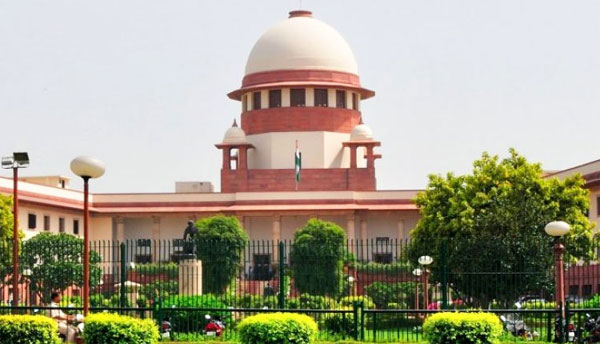Daijiworld Media Network - New Delhi
New Delhi, Sep 23: The Supreme Court on Tuesday dismissed an appeal filed by the Airports Authority of India (AAI) challenging the levy of service tax on export cargo handling at airports, affirming the tax liability under the “airport services” category from September 10, 2004.
The appeal, filed under Section 35L of the Central Excise Act, 1944, sought to overturn a ruling by the Customs, Excise and Service Tax Appellate Tribunal (CESTAT), which had confirmed that AAI’s services fell under taxable “airport services.”

Court Rejects AAI’s Key Argument
AAI contended that export cargo handling services were excluded under the Finance Act, 1994, based on Section 65(23), which defines “cargo handling service.” They argued that since export cargo was specifically excluded from that definition, it should not be taxable.
However, a Bench comprising Justices Pankaj Mithal and Prasanna B. Varale rejected this view, clarifying that even if “export cargo” is excluded from “cargo handling services,” it can still fall under the broader scope of taxable airport services under Section 65(105)(zzm) of the Act.
“All kinds of services rendered by the Airports Authority in any airport are taxable services,” the court stated, adding that Section 66 of the Act clearly mandates taxation of such services.
Circulars Cannot Override Law, Says Court
The court also dismissed AAI’s reliance on various government circulars, observing that such circulars “cannot override the express statutory provisions.”
In its concluding remarks, the Bench held:
“We find no error in the decisions of the authorities below or the CESTAT. The services rendered in connection with export cargo are rightly classified and taxed under the airport services category. The appeal lacks merit and is accordingly dismissed.”
This ruling sets a clear precedent that export-related airport services by statutory bodies like AAI are subject to service tax, despite specific exclusions in other service categories, reinforcing the primacy of statutory interpretation over administrative circulars.